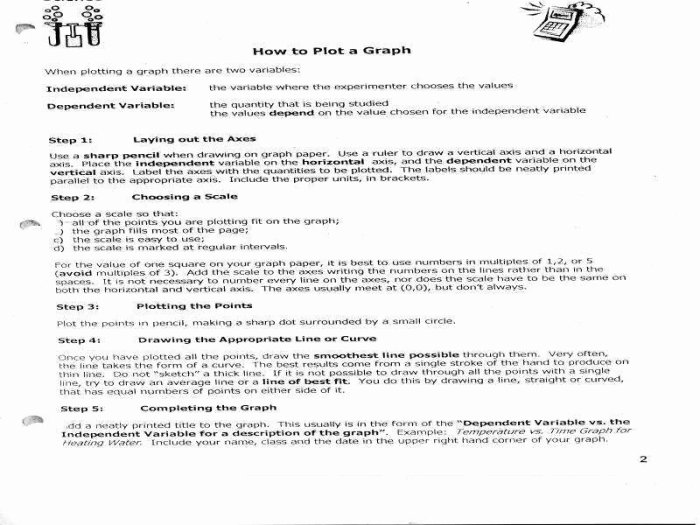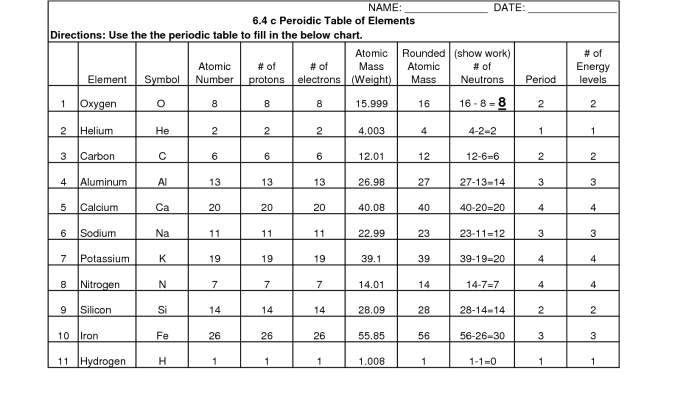Seek and find science scientific method answer key – Embark on a captivating journey into the realm of science with our comprehensive guide to the scientific method. This answer key provides an illuminating roadmap to understanding the fundamental principles and applications of this essential investigative approach, empowering you to unravel the mysteries of the world around you.
The scientific method serves as a cornerstone of modern science, enabling us to systematically observe, experiment, and analyze phenomena to derive logical conclusions and advance our knowledge. Its versatility extends across a vast array of disciplines, from the natural sciences to the social sciences, propelling countless breakthroughs and technological advancements.
1. Seek and Find Science Scientific Method
The scientific method is a systematic approach to the study of natural phenomena. It involves making observations, forming hypotheses, testing hypotheses, and drawing conclusions. The scientific method is used in a wide variety of fields, including biology, chemistry, physics, and social sciences.
Examples of How the Scientific Method is Used in Everyday Life
- A doctor observes that a patient has a fever and a rash. The doctor forms a hypothesis that the patient has the flu. The doctor tests the hypothesis by ordering a blood test. The blood test confirms the diagnosis of the flu.
- A farmer observes that his crops are not growing well. The farmer forms a hypothesis that the crops are not getting enough water. The farmer tests the hypothesis by watering the crops more often. The crops start to grow better.
- A student observes that a ball falls to the ground when it is dropped. The student forms a hypothesis that all objects fall to the ground when they are dropped. The student tests the hypothesis by dropping a variety of objects.
All of the objects fall to the ground.
2. Key Components of the Scientific Method: Seek And Find Science Scientific Method Answer Key
The Importance of Observation and Experimentation
Observation and experimentation are essential components of the scientific method. Observation involves gathering information about the natural world. Experimentation involves testing hypotheses by manipulating variables.
The Role of Hypothesis Testing
Hypothesis testing is a critical step in the scientific method. A hypothesis is a proposed explanation for a phenomenon. Hypothesis testing involves testing the hypothesis by making predictions and collecting data.
How Data Collection and Analysis Contribute to the Scientific Process
Data collection and analysis are essential for the scientific process. Data collection involves gathering information about the natural world. Data analysis involves interpreting the data and drawing conclusions.
3. Applications of the Scientific Method in Various Fields
Examples of How the Scientific Method is Used in Biology, Chemistry, and Physics
- In biology, the scientific method is used to study living organisms. For example, scientists use the scientific method to study the effects of different drugs on the human body.
- In chemistry, the scientific method is used to study the properties of matter. For example, scientists use the scientific method to study the reactions between different chemicals.
- In physics, the scientific method is used to study the laws of nature. For example, scientists use the scientific method to study the motion of objects.
How the Scientific Method is Applied in Social Sciences, Such as Psychology and Sociology
- In psychology, the scientific method is used to study the human mind and behavior. For example, psychologists use the scientific method to study the effects of different parenting styles on child development.
- In sociology, the scientific method is used to study society and social behavior. For example, sociologists use the scientific method to study the effects of different social policies on crime rates.
The Impact of the Scientific Method on Technological Advancements
The scientific method has had a profound impact on technological advancements. For example, the scientific method was used to develop the telescope, the microscope, and the computer.
4. Challenges and Limitations of the Scientific Method
Potential Biases that Can Influence Scientific Research, Seek and find science scientific method answer key
- Confirmation bias: the tendency to seek out information that confirms our existing beliefs.
- Hindsight bias: the tendency to believe that we could have predicted an event after it has already happened.
- Publication bias: the tendency to publish studies that support our existing beliefs.
Limitations of the Scientific Method in Certain Fields, Such as Ethics and Subjective Experiences
The scientific method is not always applicable in certain fields, such as ethics and subjective experiences. For example, the scientific method cannot be used to determine what is right or wrong.
Ethical Considerations Involved in Scientific Experimentation
There are a number of ethical considerations that must be taken into account when conducting scientific experiments. For example, researchers must ensure that the participants in their experiments are not harmed.
5. Evolution of the Scientific Method

Historical Development of the Scientific Method
The scientific method has evolved over time. The ancient Greeks were the first to use the scientific method in a systematic way. The scientific method was further developed by the Renaissance scientists and the Enlightenment philosophers.
Contributions of Key Scientists to the Evolution of the Scientific Process
- Aristotle: Developed the concept of the scientific method.
- Galileo Galilei: Used the scientific method to study the motion of objects.
- Isaac Newton: Developed the laws of motion and universal gravitation.
- Charles Darwin: Developed the theory of evolution by natural selection.
- Albert Einstein: Developed the theory of relativity.
How the Scientific Method Continues to Adapt and Refine Over Time
The scientific method is a dynamic process that continues to adapt and refine over time. As new technologies and new discoveries are made, the scientific method is updated to reflect the latest knowledge.
Query Resolution
What is the scientific method?
The scientific method is a systematic approach to investigating phenomena, involving observation, hypothesis formulation, experimentation, data analysis, and conclusion drawing.
How can I apply the scientific method in my daily life?
The scientific method can be applied to everyday problem-solving by observing a problem, forming a hypothesis, testing it through experimentation, analyzing the results, and drawing conclusions.
What are the limitations of the scientific method?
The scientific method is limited in its ability to study certain phenomena, such as subjective experiences or ethical issues, and it can be influenced by biases and the availability of resources.

